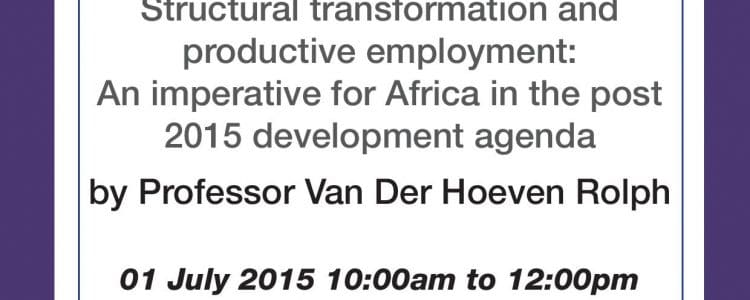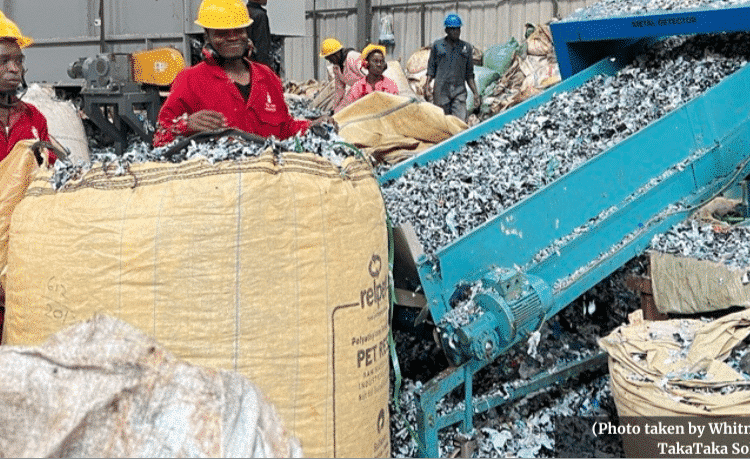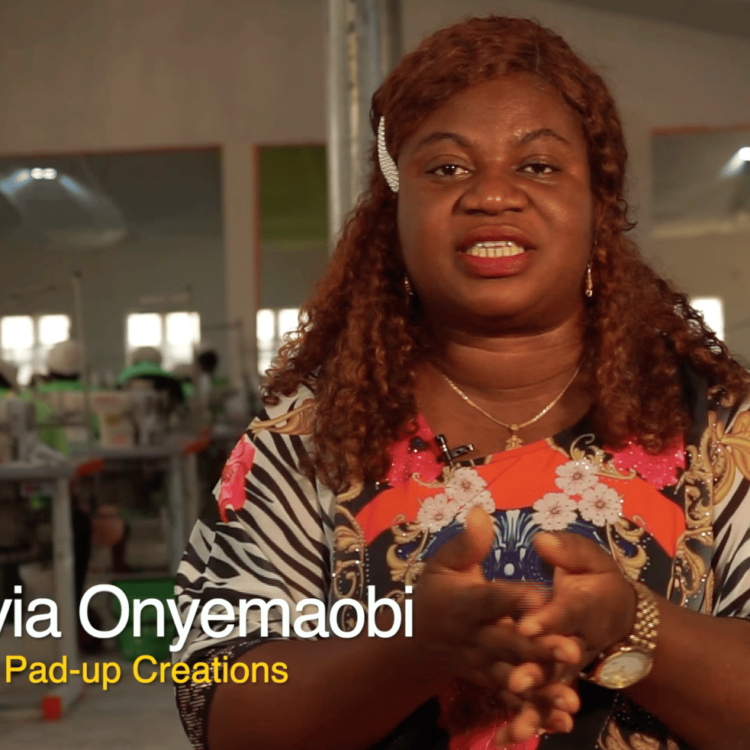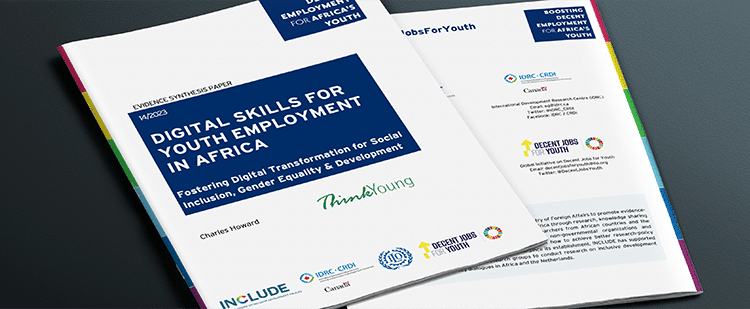On 1 July, Prof. van der Hoeven gave a lecture on “Structural Transformation and Productive Employment, an Imperative for Africa in the post-2015 Development Agenda” to the staff of the United Nations Economic Commission for Africa (UN-ECA) and members of the academic and diplomatic community in Addis Ababa.
Van der Hoeven argued that greater concern for structural transformation and employment is warranted, as productive employment is the main vehicle for poverty reduction. He quoted the late Prof. Alice Amsden, who said that traditional anti-poverty programmes and projects often neglect the demand (for labour) side of the economy. Various interactions between the labour market and poverty reduction exist and need to be considered (e.g., increases in wage employment, real wages, self-employment, and the productivity of the self-employed, as well as an increase in the terms of exchange of the real price of the output of the self-employed).
He pointed out that the labour market today is different from 30 years ago and that employment and work needs to be redefined in terms of ‘decent work’, or ‘good jobs’ versus ‘bad jobs’. This means linking structural transformation to job creation. Structural transformation can be defined in terms of structuralism (the reallocation of output and jobs to better performing sectors in the economy), ‘Schumpeterism’ (creative destruction) or ‘evolutionism’ (the accumulation of knowledge). Ideally, structural transformation combines all three aspects, aiming at a virtuous circle that combines a strong demand regime and a strong productive regime with strong structural change.
From 2000 onward, structural change contributed positively to Africa’s overall growth, accounting for nearly half of it. Quoting recent research, Prof. van der Hoeven said that, for a sample of 19 African countries from 2000–2010, the share of the labour force engaged in agriculture declined by 10.61 percentage points; the share of the labour force engaged in manufacturing expanded by 2.15 percentage points; and the share of the labour force engaged in services increased by 8.23 percentage points. He also noted that the variation in labour productivity among sectors is lower in high productive countries, i.e., countries with low labour productivity show the greatest dualism leading to increasing inequality.
In relation to defining work, he said that we need to take account of the activities in the informal sector and recognize that parts of the informal sector are a refuge for a labour reservoir, but that other parts contain true entrepreneurs. Hence, the informal sector cannot be written off as a low-productive sector, nor can it be regarded as an example of a well-functioning dynamic sector unhindered by labour market regulations. Citing examples from Mauritius, Botswana and Ethiopia, he said that labour markets in formal and informal sectors demand deliberate action, both in the short term (e.g., in reaction to economic crises) and long term (e.g., the creation of sustainable jobs).
Van der Hoeven recalled that the original Millennium Development Goals (MDGs) did not contain any reference to unemployment and that employment was only added later. He said that reporting on employment often related to projects and programmes and that a macro approach was lacking. He gave various examples of how a macro approach could be enhanced and noted that some of these were mentioned in the proposed Sustainable Development Goals (SDGs). However, he pointed out that, unfortunately, as in the MDGs, the proposed SDGs are not explicit about changes in global governance, which, in times of globalization, is an important aspect of a macro approach to structural transformation and employment creation.
Prof. van der Hoeven’s PowerPoint presentation





